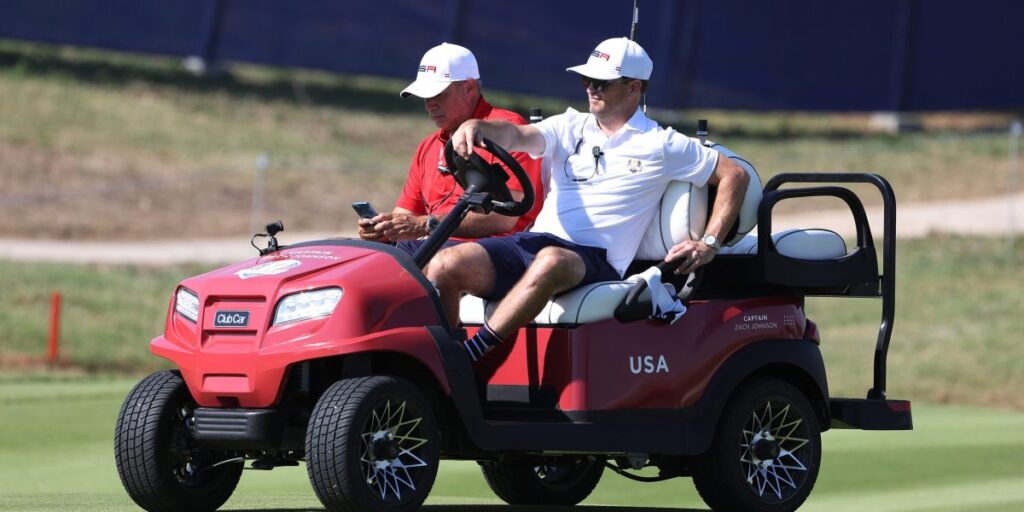
The two largest U.S. golf cart makers are seeking to alleviate an existential crisis: a deluge of Chinese imports.
Club Car LLC and Textron Specialized Vehicles Inc., based near Augusta, Ga., this week asked the Biden administration to impose restrictions on Chinese-made golf carts and other low-speed, often battery-powered personal vehicles. The 100% tariff on the vehicles is comparable to the tariffs the U.S. imposes on regular electric vehicles from China.
“China’s imports are increasing rapidly, taking a larger share of the consumer car market while taking advantage of price advantages subsidized by the Chinese government to expand its advantage,” Club Car President and CEO Mark Wagner said in an emailed statement on Friday. “We must take action. “
U.S. imports of golf carts and other recreational vehicles from China have increased sixfold since 2020, in part because they are shipped under product classifications with lower tariffs than regular-size electric vehicles. Carts from China often cross the border at lower tariffs and then are modified in the U.S., thus avoiding higher tariffs, according to lawyers for U.S. companies.
As a result, golf carts and similar vehicles “can avoid the Biden administration’s proposed increase in electric vehicle tariffs announced in May,” according to a letter submitted to the U.S. Trade Representative in Washington this week.
The conflict between the world’s largest economies is small, but it illustrates the vast array of loopholes, workarounds, unintended consequences and legal dilemmas that come with imposing tariffs across an economy.
Comment deadline
Friday is the deadline for public comment by the Office of the U.S. Trade Representative on so-called “301” cases, under which tariffs on Chinese goods are justified.
The filing by Club Car and Textron, which makes EZ-GO and Cushman carts, was one of hundreds of requests for tariff protection or relief issued during the USTR comment window. The two companies made their case jointly under a group called the American Personal Transportation Vehicle Manufacturers Alliance.
China’s imports of golf carts and another similar product called “specially designated vehicles” totaled $916 million last year, up from $148 million in 2020, according to the document.
Club Car and Textron’s rivals in China have “massively and systematically under-sold domestically produced” vehicles, “resulting in a deterioration in domestic industry performance, as well as U.S. industry output, capacity utilization, shipments, employment and financial performance in 2024.” “Performance has declined significantly”, according to a June 25 letter from the Washington law firm Wiley to the Office of the U.S. Trade Representative.
Before they reached out to the U.S. Trade Representative’s Office, they filed a related case with the U.S. Department of Commerce and the U.S. International Trade Commission alleging dumping of Chinese golf carts and seeking anti-dumping and countervailing duties. Relief in the form of subsidy tax.
Robert DeFrancesco, a partner in Wiley’s international trade practice, said the case will take about a year to go to trial.

